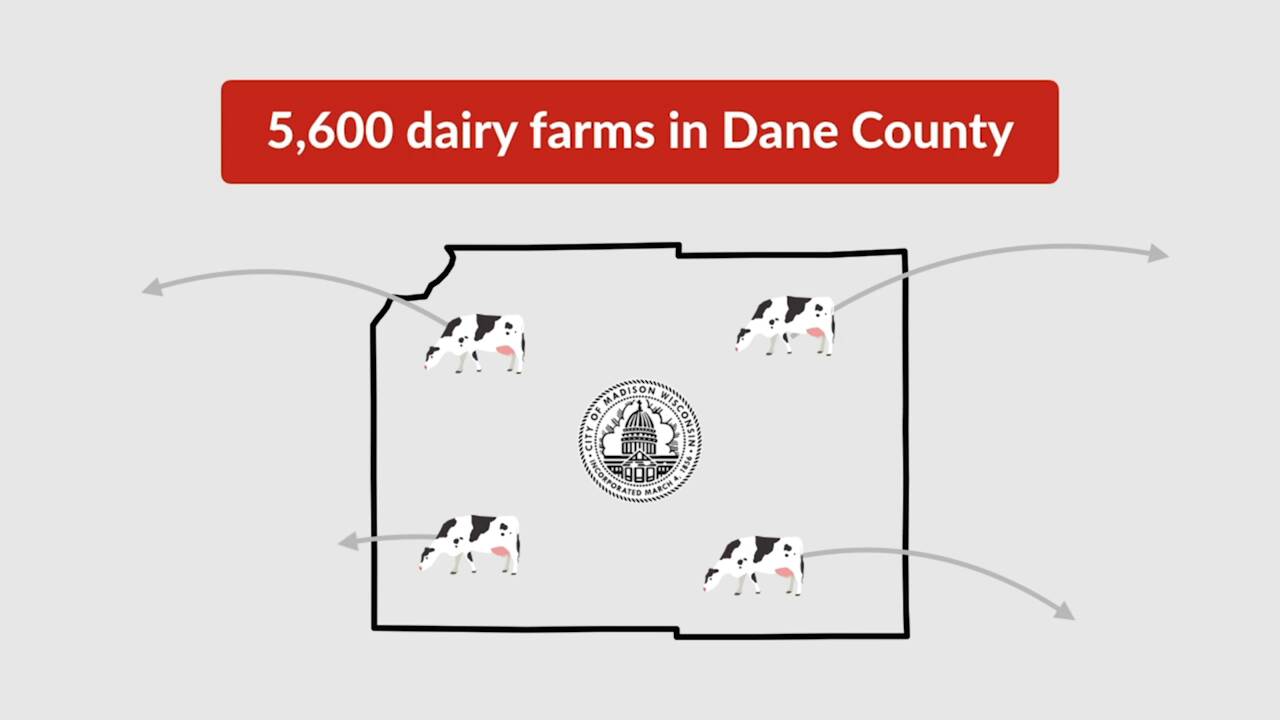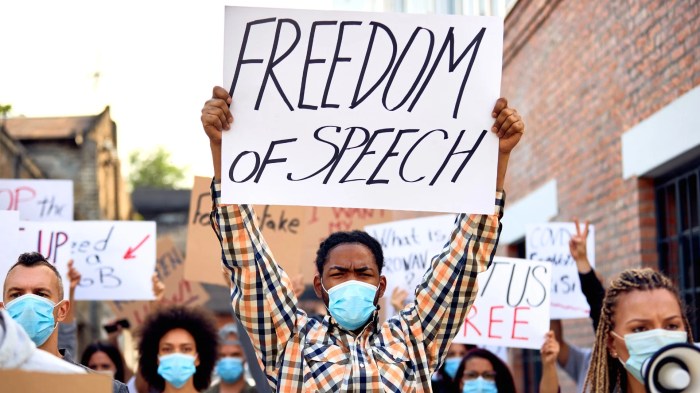Dean milk co v city of madison wisconsin – Dean Milk Co. v. City of Madison, Wisconsin, stands as a seminal case in the annals of First Amendment jurisprudence, shaping the legal landscape for commercial speech regulation. This case brought into sharp focus the tension between the government’s interest in regulating commercial activity and the fundamental right to free speech.
In 1974, Dean Milk Co. challenged the City of Madison’s ordinance that prohibited the distribution of unsolicited advertising materials, including handbills and circulars. The company argued that the ordinance violated its First Amendment rights to commercial speech.
Case Overview
Dean Milk Co. v. City of Madison, Wisconsin (1951) involved a legal dispute between Dean Milk Co. and the City of Madison over city regulations that prohibited the distribution of handbills. The milk company had been distributing handbills advertising its products door-to-door, but the city claimed this violated its regulations against littering.
Dean Milk Co. challenged the regulations, arguing that they violated the First Amendment’s protection of commercial speech. The case eventually made its way to the Supreme Court.
Constitutional Issues

The Supreme Court’s decision in Dean Milk Co. v. City of Madison, Wisconsin had significant implications for commercial speech regulation. The Court held that the city’s regulations violated the First Amendment because they were not narrowly tailored to serve a substantial government interest.
The Court’s decision established several important principles regarding commercial speech:
- Commercial speech is protected by the First Amendment, but it is not entitled to the same level of protection as non-commercial speech.
- Government regulations of commercial speech must be narrowly tailored to serve a substantial government interest.
- The government cannot ban commercial speech simply because it is offensive or misleading.
City Regulations: Dean Milk Co V City Of Madison Wisconsin

The City of Madison’s regulations prohibited the distribution of handbills on public property and in residential areas. The city argued that these regulations were necessary to prevent littering and protect the privacy of residents.
Dean Milk Co. argued that the regulations were overly broad and that they did not serve a substantial government interest. The company also argued that the regulations discriminated against commercial speech.
Court’s Decision

The Supreme Court ruled in favor of Dean Milk Co., holding that the city’s regulations violated the First Amendment. The Court found that the regulations were not narrowly tailored to serve a substantial government interest.
The Court also found that the regulations discriminated against commercial speech. The Court held that the city could not ban commercial speech simply because it was offensive or misleading.
Implications and Precedents

The Supreme Court’s decision in Dean Milk Co. v. City of Madison, Wisconsin has had a significant impact on commercial speech regulation. The decision has been cited in numerous subsequent cases, and it has helped to shape the legal landscape for commercial speech.
The decision has also been used to strike down other government regulations that restrict commercial speech. For example, the decision has been used to strike down regulations that prohibit the distribution of coupons and the use of billboards.
FAQ Guide
What was the central issue in Dean Milk Co. v. City of Madison?
The central issue was whether the City of Madison’s ordinance prohibiting the distribution of unsolicited advertising materials violated Dean Milk Co.’s First Amendment right to commercial speech.
How did the Supreme Court rule in Dean Milk Co. v. City of Madison?
The Supreme Court ruled that the ordinance violated Dean Milk Co.’s First Amendment rights. The Court held that commercial speech is protected by the First Amendment, although it may be subject to reasonable regulation to prevent fraud and deception.
